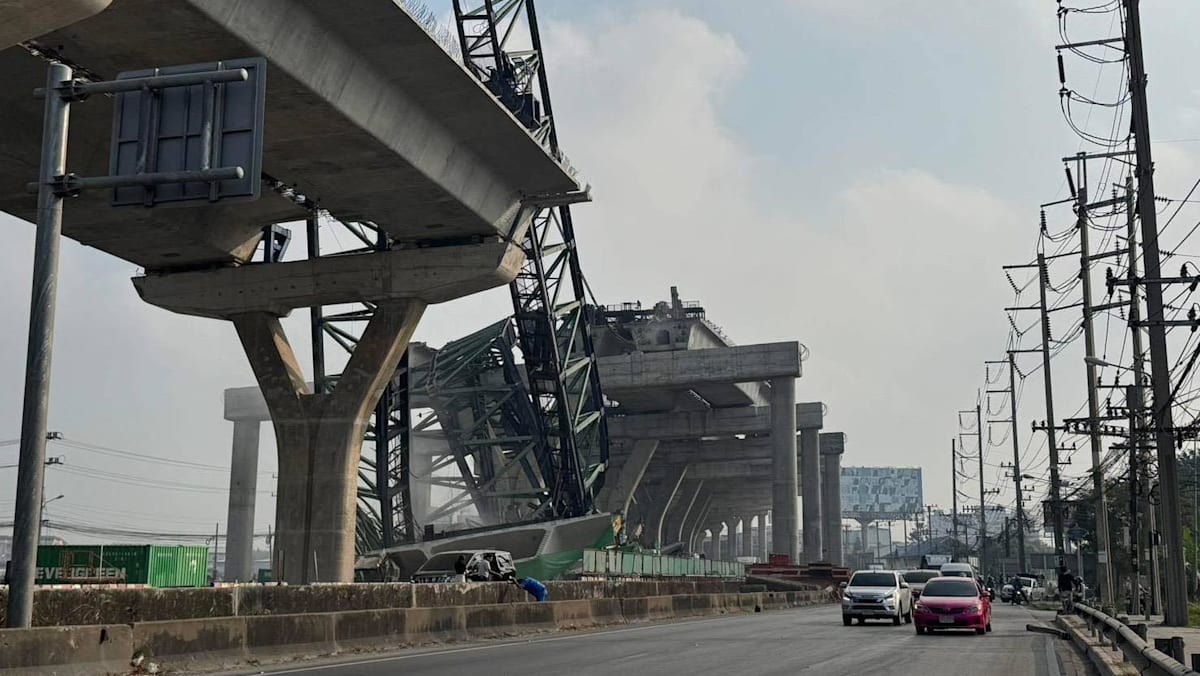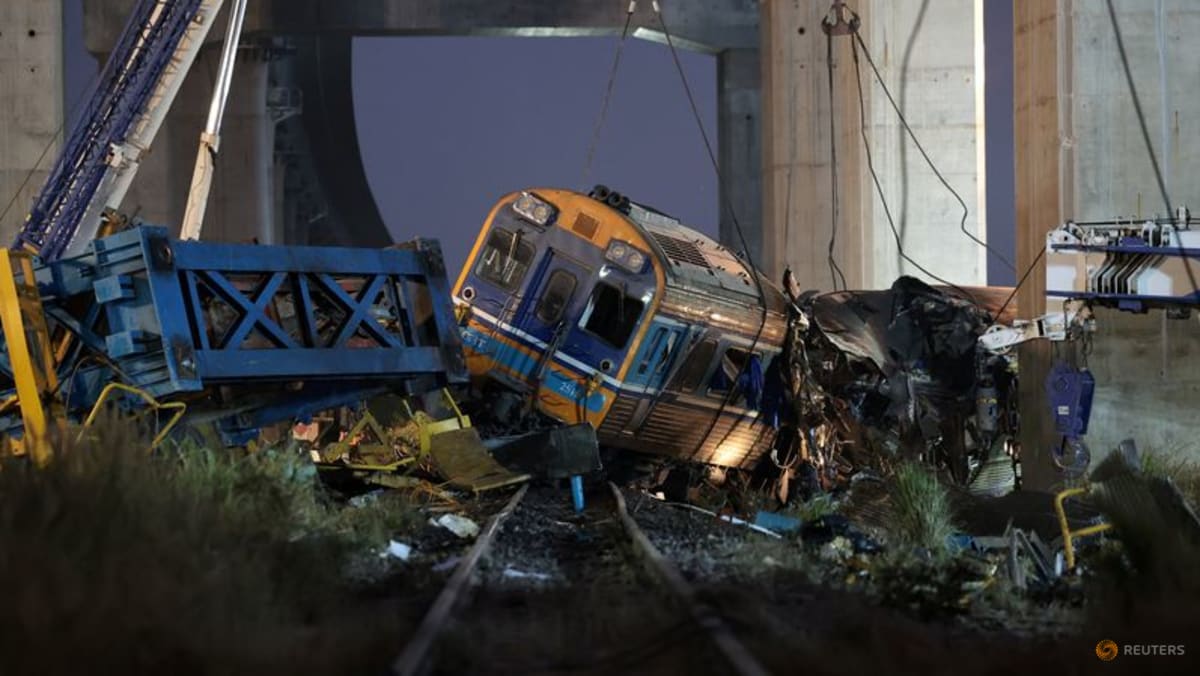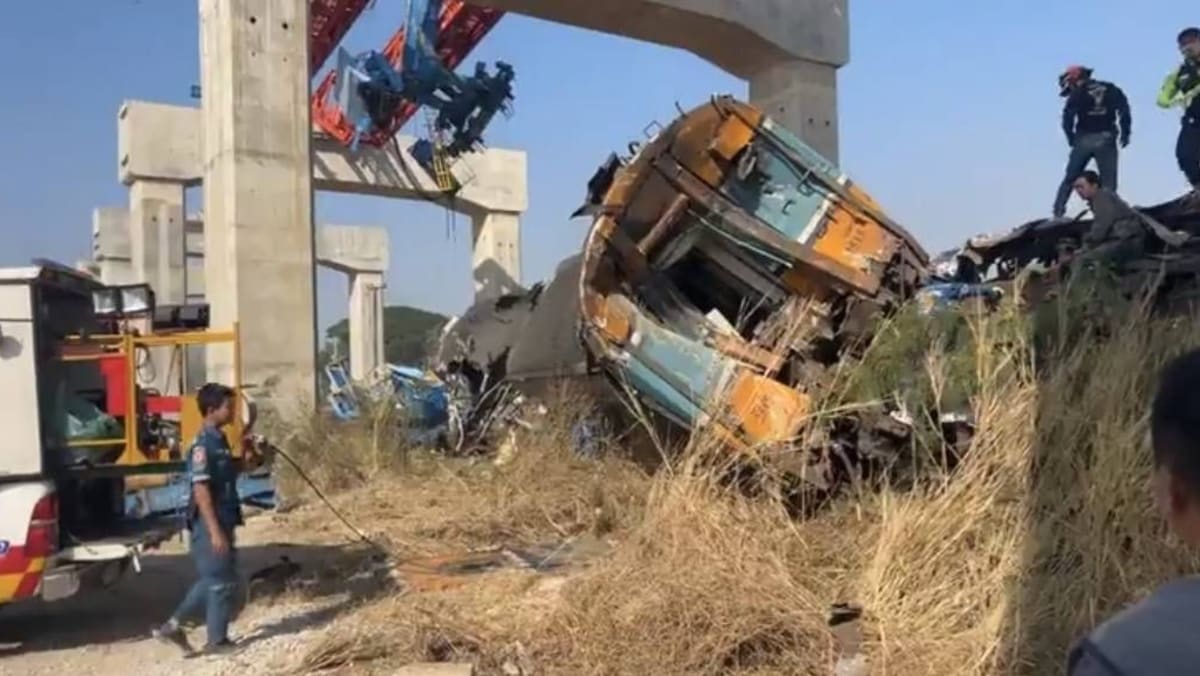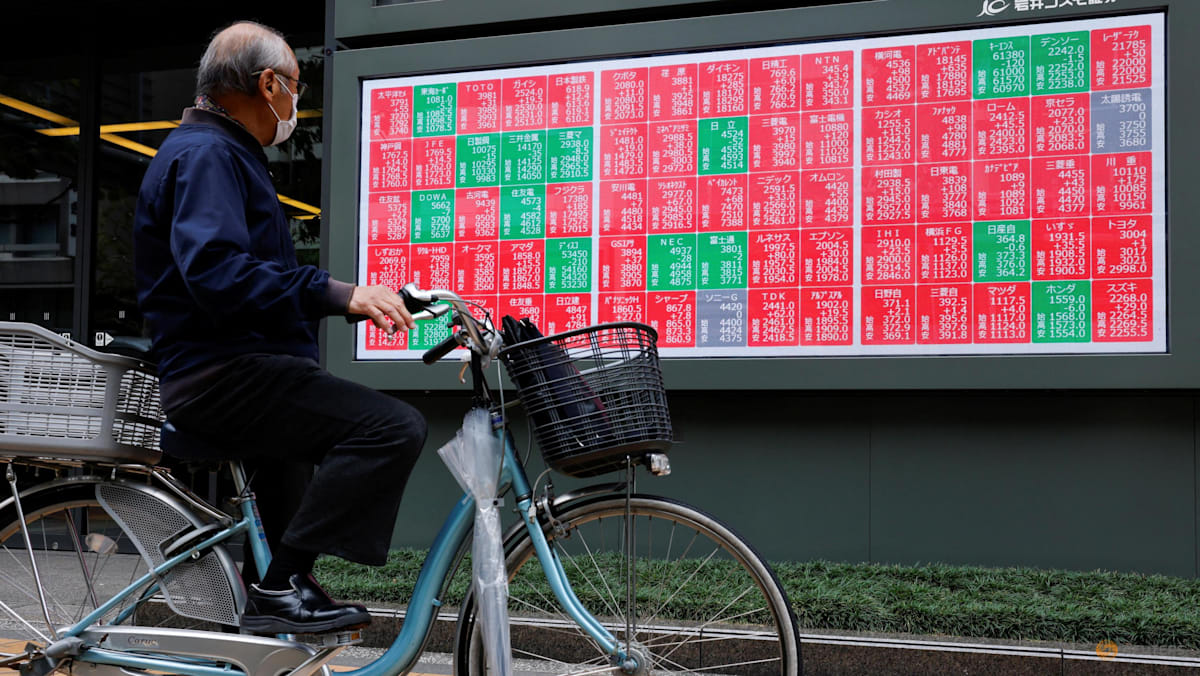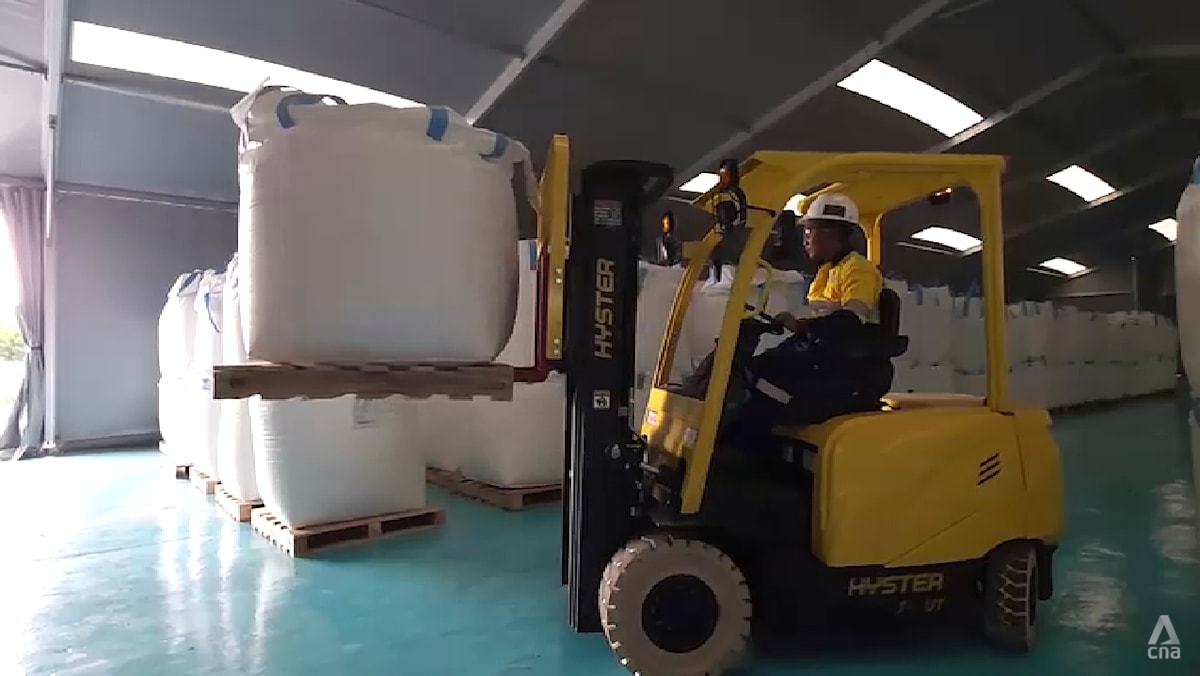Cow dung fuels Japan’s space ambitions
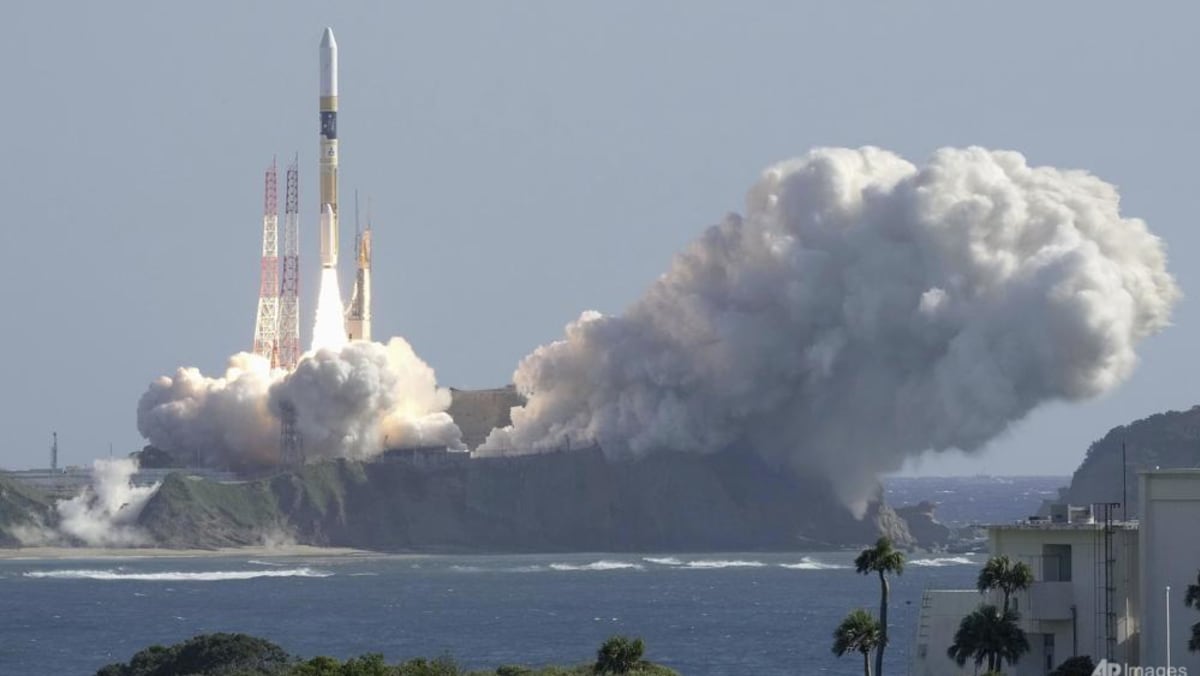
“MOON SNIPER”
Japan’s space agency JAXA launched in September its “Moon Sniper” mission but the sector has been plagued by problems in recent years with two failed missions – one public and one private.
Japan has also had setbacks with its launch rockets, with mishaps after lift-off of the next-generation H3 in March and the normally reliable solid-fuel Epsilon last October.
In July, the test of an Epsilon S rocket, an improved version of the Epsilon, ended in an explosion 50 seconds after ignition.
Biogas derived from cow manure is already being used for fuel around the world, including to run buses in the Indian city of Indore, instead of more polluting conventional sources.
It helps mitigate the enormous environmental footprint of agriculture, which Greenpeace says is responsible for 14 per cent of greenhouse gas emissions worldwide.
Burning biogas also releases greenhouse gases, but so does leaving it to degrade naturally, while runoff from farm animals pollutes waterways and soil.
Air Water’s biomethane is already being used by a local dairy and other factories, to heat local homes and to run trucks and ships as pilot programmes.
Among participating local farmers is Eiji Mizushita, 58, who raises some 900 milk cows that collectively generate over 40 tonnes of dung every day.
His farm has an industrial system to automatically collect the waste, ferment it, and turn it into biogas, fertiliser and recycled bedding materials for his animals.
Sales of biogas expands Mizushita’s income by about one per cent, but he said the effort is worth it.
“I’m excited to think that our cow waste could be used to make it fly,” he said of the rocket.
“We need to properly dispose of and use manure. I also think that the government and society should take a more serious look at the importance of natural renewable energy and encourage its production.”
Source: CNA


